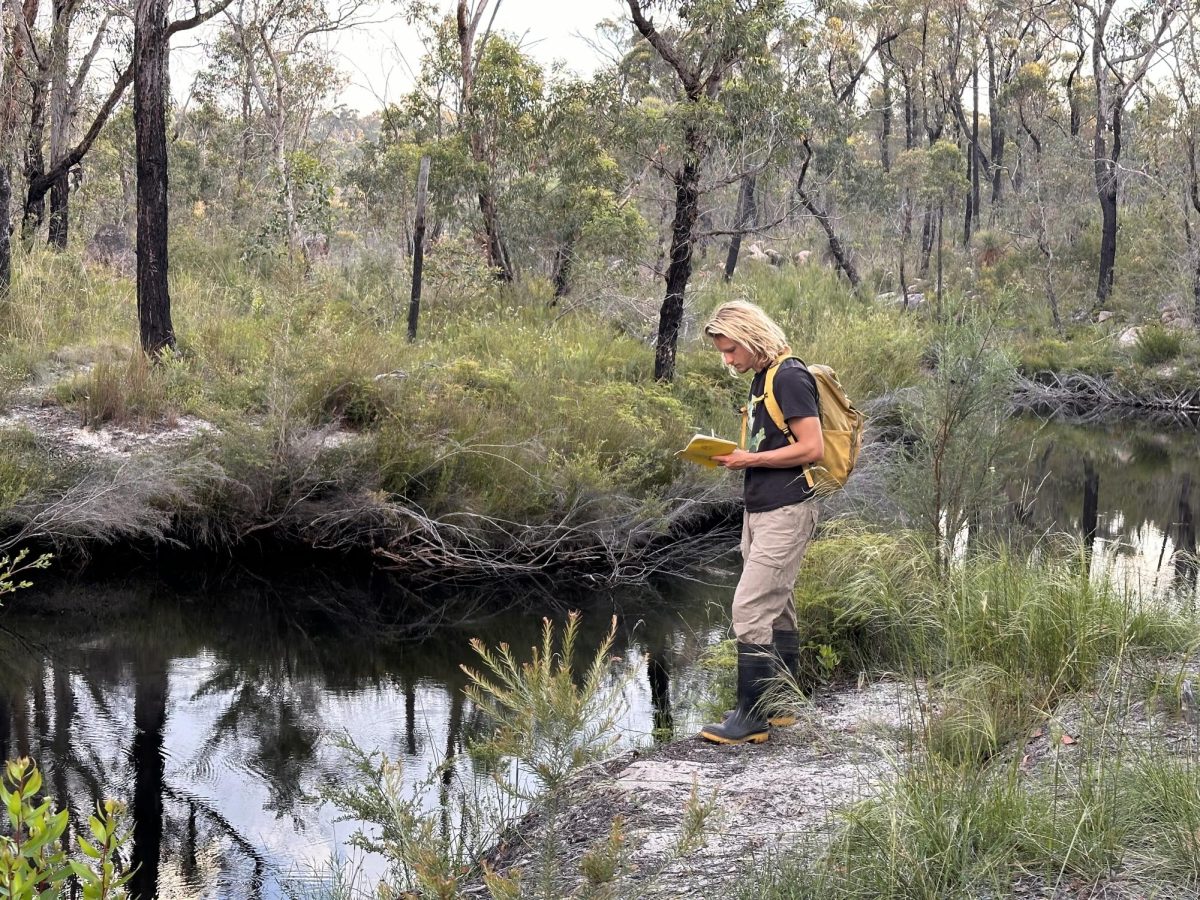Africa is a continent experiencing unprecedented transformation on all fronts. It holds within its borders six of the ten fastest-growing economies in the world and has drawn foreign investors from every corner of the globe.
This was the central theme of NMU’s first “Great Decisions Global Discussion” series held Tuesday, March 10 in partnership with the World Affairs Council of Western Michigan. Speaking to NMU students via webinar was former U.S. Assistant Secretary of State for African Affairs, Ambassador Johnnie Carson, who was nominated to the position in 2009.
“Africa is doing better today than it’s ever done,” Carson said. “Traditionally known as some of the least developed countries, it’s now seen as the last global economic frontier.”
Carson touched on the economic realities influencing foreign policy in Africa.
While oil, gas and natural resources were key in the past, technology, international trade and a rising middle and professional class is driving many countries’ economies into a boom unlike anything seen before. Part of this rise has stemmed from a $1 billion aid initiative started by former President George W. Bush and continued under President Barack Obama to develop Africa on multiple fronts. At the same time, China has become the continent’s number one trade partner, leading to a land of 300 million consumers.
Senior history major Kayla Argeropoulos had a chance to interact via text with the ambassador, and she found the opportunity to discuss such world events very educational.
“I didn’t realize how progressively better it was getting,” Argeropoulos said. “Better than the media portrays it as.”
The media has failed time and again to properly represent a decline in violence, Carson said. While the news talks about the Democratic Republic of the Congo, ISIS and the Boko Haram, they miss the forest for the trees.
“Sierra Leone, Liberia ten years ago? Blood Diamonds,” Carson said. “Now? Gone. They have Democratic governments now.”
Senior communications major Elsy Tobin found the webinar useful for combating stereotypes about Africa.
“I’m from the Ivory Coast and applaud NMU for bringing awareness to the continent,” Tobin said.
Technological advances are also having a profound impact on the rise of Africa. The continent has the largest and fastest-growing cell phone market across the globe, Carson explained, which has revolutionized how many on the continent live and work. He stressed that Kenya’s mobile banking system is superior to America’s, where more people are using the technology than in the U.S.
“An estimated three fourths of Kenya’s population have never walked into a financial institution. Now, they don’t have to,” Carson said. “There are young African computer scientists working throughout Nairobi to develop apps that deal with African issues.”
Not every trend that has affected the continent is so positive, however. Studies over the last decade have shown that climate change is having a profound impact on the continent, more so than any other locale in the world. Most of Africa’s capital, industrial and business centers are along the coasts, Carson said.
“They are less able than most places in the world to deal with it,” Carson said. “[Hurricane] Katrina-type of things could happen.”
Still, environmental issues won’t likely hold back the population of a continent that is expected to reach 4 billion by 2100. Birth rates and public health play key roles in the huge consumer market driven in part by a population boom, Carson said.
“There are 31 countries in the world that have women who birth five plus children and 29 of them are in Africa,” Carson said. “Every day in Nigeria, more children are born than in all of western Europe.”
Foreign investors from countries like Turkey, Brazil, Portugal and India are lining up to partner with countries on the African continent. Their growing economy and developing international trade could be key places for U.S. job growth in the future.
The “Great Decisions Global Discussion” series concludes 9 a.m. Tuesday, March 24, in 2303 Hedgcock, when photojournalist Jared Kohler will host a webinar titled “Through the Lens: Lessons from the Syrian Refugee Crisis.”
One goal of the series is to expose students to such global topics and provide them an opportunity to discuss the subjects with well-versed experts in their fields, like Carson.
Vito Giannola, a junior political science major, appreciated the effort.
“This isn’t necessarily easy to do in the U.P.,” Giannola said. “It’s a great resource for students.”
























